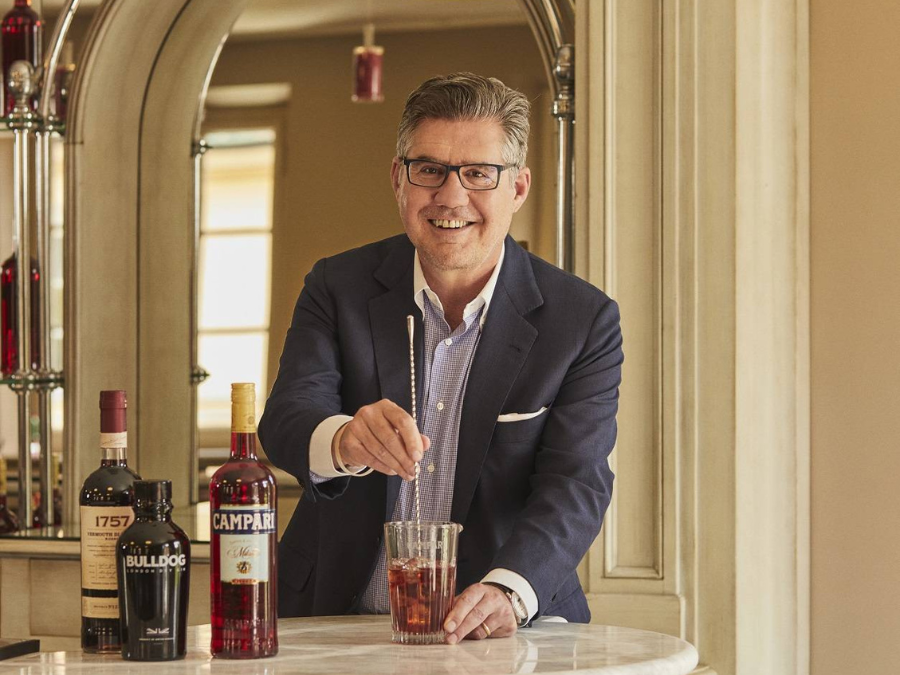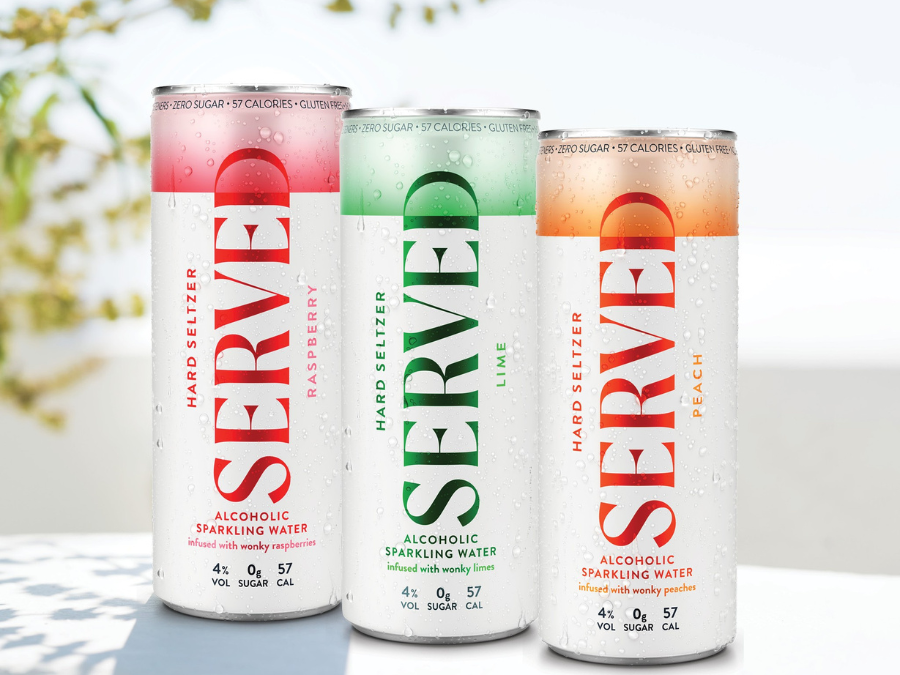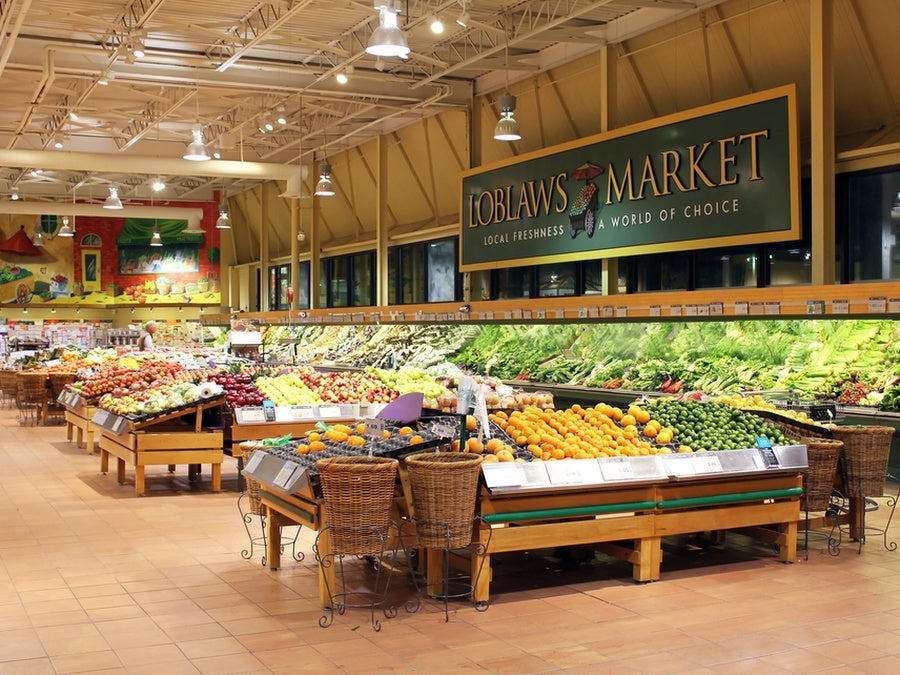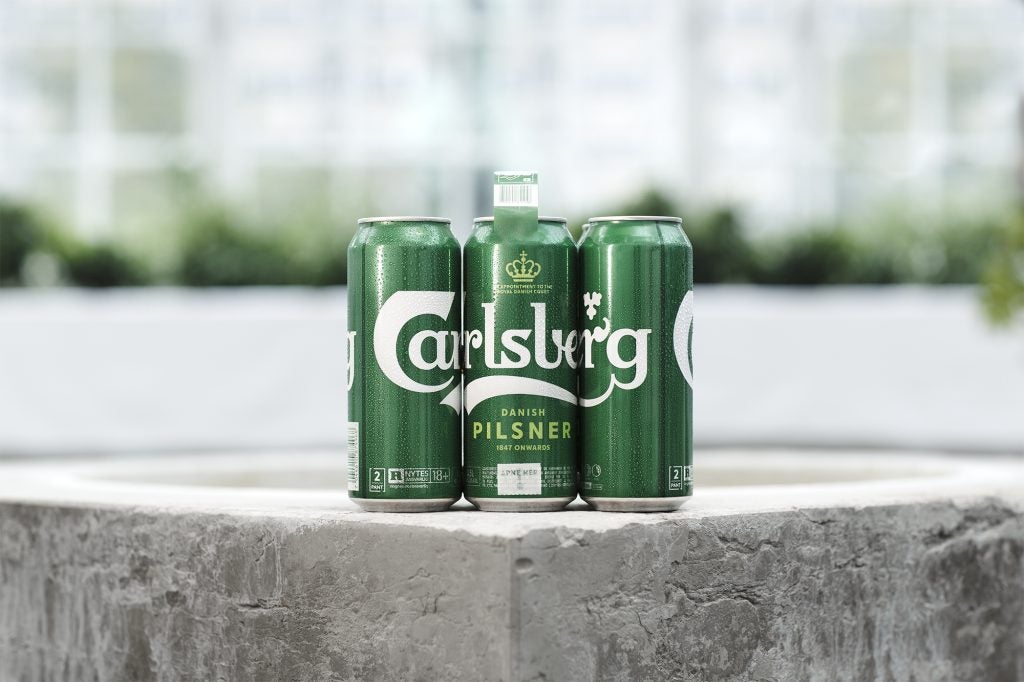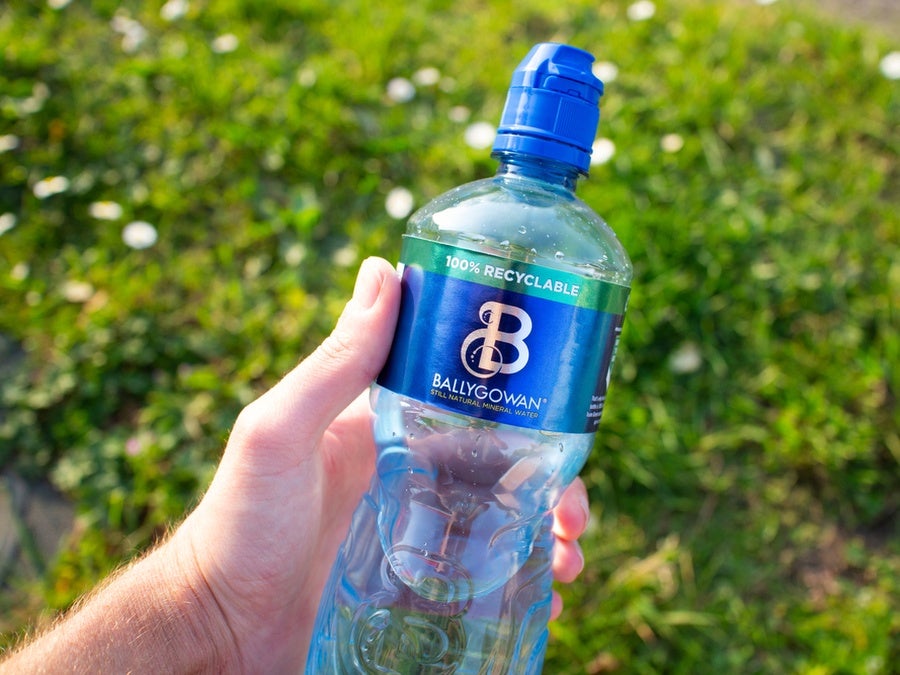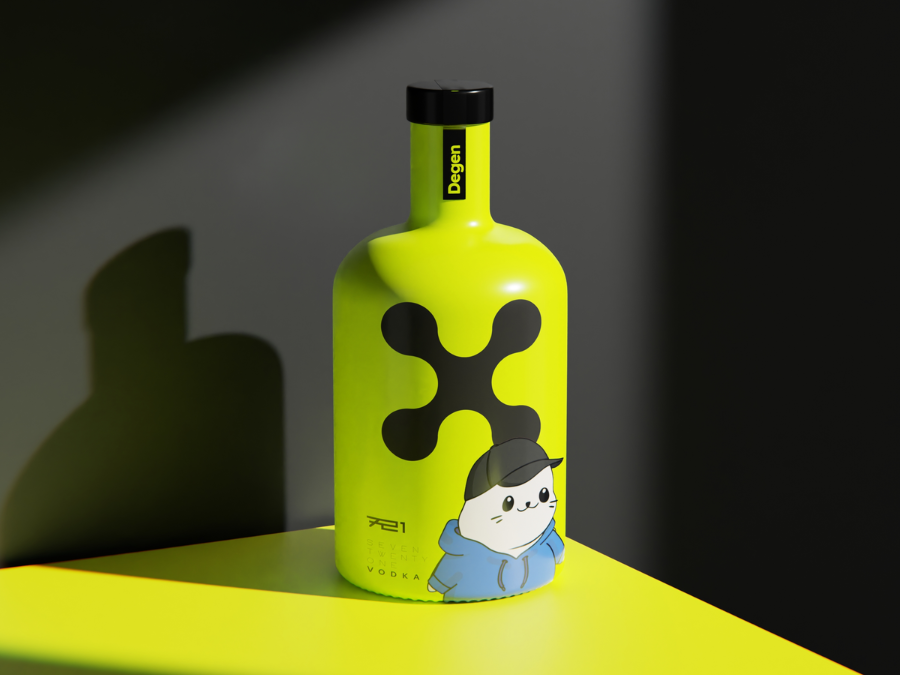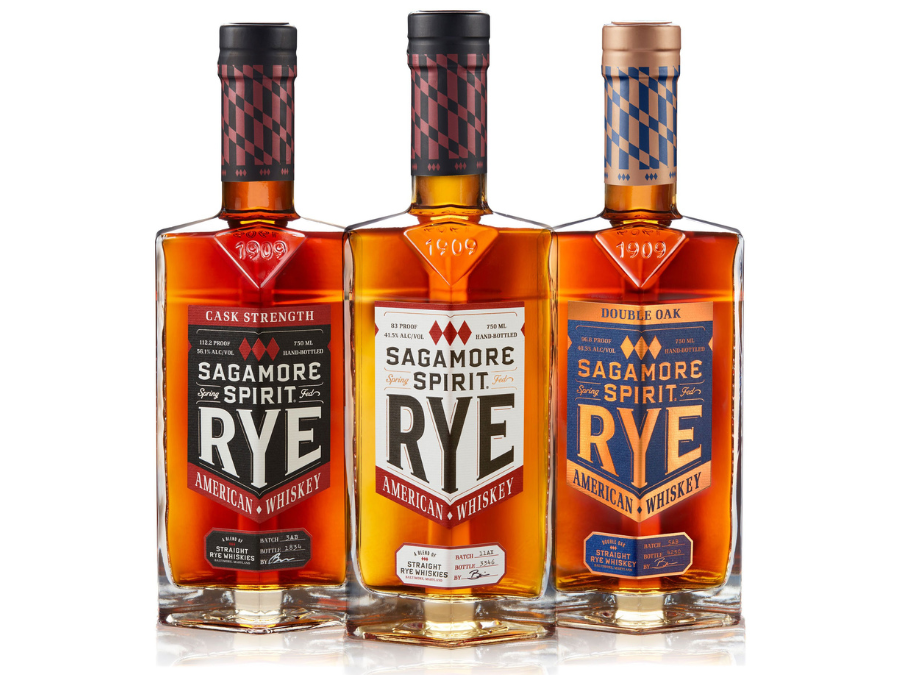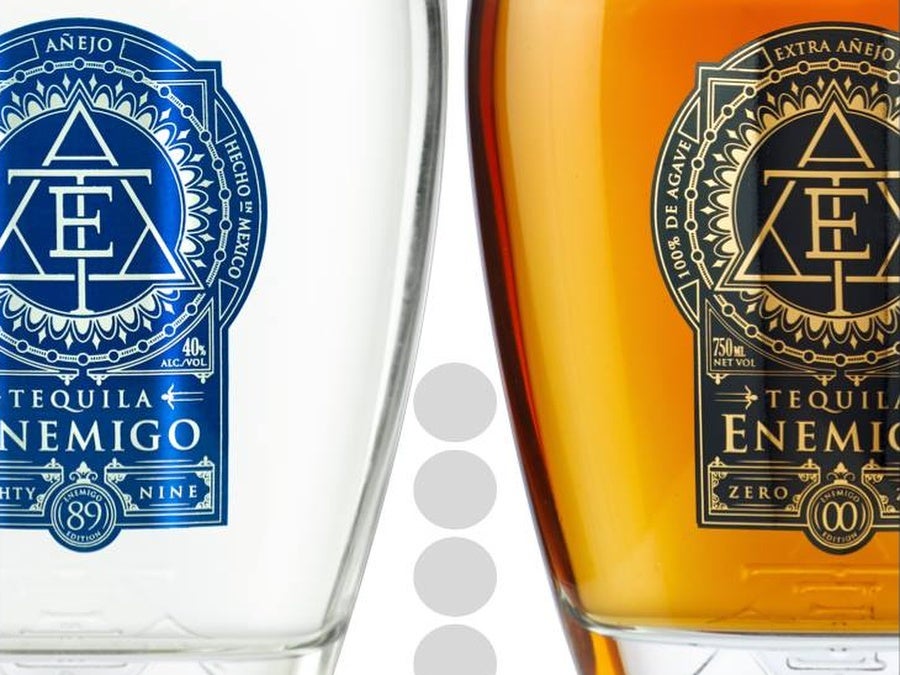Alongside our daily news coverage, features and interviews, the Just Drinks news team sifts through the week’s most intriguing data sets to bring you a roundup of the week in numbers.
This week, we took a look at the skyrocketing value of the global Tequila and mezcal markets, dug into how the US has crept past the UK in Fever-Tree’s mix of sales and gave a flavour of Bob Kunze-Concewitz’s 16-year tenure at Campari.
Campari Group’s growth under outgoing CEO Kunze-Concewitz
This week Campari stalwart Bob Kunze-Concewitz announced he was stepping down as CEO after 16 years at the helm and 18 years in total.
Under his tenure, the group has expanded its international footprint from six to 25 “in-market direct companies”, which now account for approximately 93% of group sales. Its production facilities have grown from nine to 23. He has overseen 27 acquisitions worth €3bn ($3.22bn).
The company has almost trebled in net sales and profitability, it said, citing Kunze-Concewitz’s “unparalleled” contribution.
Campari’s organic net sales grew on an organic basis from 2.7% in 2008 to 16.4% in 2022 – with a high of 25.6% in 2021.
Global market for Tequila and mezcal could hit $21bn by 2027
The global market for Tequila and mezcal could hit $21.9bn by 2027 according to data from GlobalData, Just Drinks’ parent company. Next year it is predicted to return to close to pre-pandemic levels, continuing to rise over the next four years.
This week Bacardi announced it was buying the mezcal brand Ilegal, six years after taking a smaller share in the business.
Bacardi vice chairman Barry Kabalkin said the category is “captivating” the market.
He said: “We believe that Ilegal has the credentials to own and lead the super-premium mezcal category at a global level. Ilegal perfectly complements our portfolio and bringing it into our business sets the brand up for even greater growth as mezcal captivates more and more consumers.”
US pips UK to post in Fever-Tree sales for first time
Describing its performance in the US as “standout” in the first half of the year, Fever-Tree saw revenue in the country grow 40% to £56.1m ($69.5m). The US became the company’s largest market, leapfrogging the UK.
CEO Tim Warrilow said: “We had a standout performance in the US where the brand continues to go from strength to strength, extending our leadership position in the tonic and ginger beer categories. This reflects how well-established the brand is becoming in the world’s largest premium spirit market.”
The change in sales mix came as Fever-Tree cut its revenue and profit forecasts, pointing to issues in its domestic market and in Australia.
In the six months to the end of June, Fever-Tree said its sales in the UK had been hit by “unseasonably poor weather”. Meanwhile, a change to the tonic company’s distribution model in Australia has led to a “one-off” buy-back of inventory, which also weighed on sales.
The company now expects to generate revenue of between £380m ($474.4m) and £390m in 2023, down from a forecast filed in March of £390m to £405m.
Brewing giants rated on climate action
Carlsberg Group was among the higher-ranked global breweries last year in terms of environment leadership, according to analysis from the Carbon Disclosure Project (CDP) – receiving the top ranking of A.
The brewer this week announced it had exceeded its target to cut “relative” carbon emissions, though lowering absolute emissions remains more of a challenge.
In 2017, the Denmark-based brewer set a target of cutting “relative value chain emissions per hectolitre of beer” – measured in kg of CO2e per hl – by 15% by 2022, compared to a 2015 baseline.
It said it has lowered emissions by that metric by 16%.
Based on 2015, 2019 and 2022 data points, The Tuborg brand owner is projected to achieve relative emissions of 25.6 kg CO2e/hl in 2040, assuming a constant rate of reduction.
Global gin market value set to surpass pre-pandemic levels by 2025
The value of the global gin market is set to surpass a 2019 high of $19.3bn by 2025, when it could reach $20bn. A trend prediction from GlobalData suggests the market could be worth $21.9bn by 2027, having dipped to $14.8bn during the pandemic.
This week, family-owned spirits group William Grant & Sons announced it had added UK-based Silent Pool Distillers to its roster of brands. The Hendrick’s gin owner said it wanted to expand Silent Pool’s presence in Europe, North America and Asia-Pacific.
Speaking to Just Drinks last year, William Grant & Sons US president Paul Basford talked up the potential for the category in the US, where he said it was “significantly less developed compared to other markets”.
Mexico’s beer market forecast to see 5%+ CAGR up to 2027
Mexico’s beer market is set for a minumum compound annual growth rate of 5% each year between now and 2027, data shows. In 2022 the market had a sales value of $26.9bn, and is expected to hit $35.1bn in 2027 according to GlobalData.
Heineken this week announced plans to build a new brewery in Mexico, adding to its network of eight plants in the country.
The Netherlands-based beer giant is spending €430m ($458.6m) on setting up the brewery, which will be located in Yucatán in south-eastern Mexico. said it wanted to “address the growing demand” in Mexico’s south-east.
Dolf van den Brink, Heineken’s CEO and chairman, said Mexico was a “pivotal” market and the Yucatán investment had “strategic significance”.


